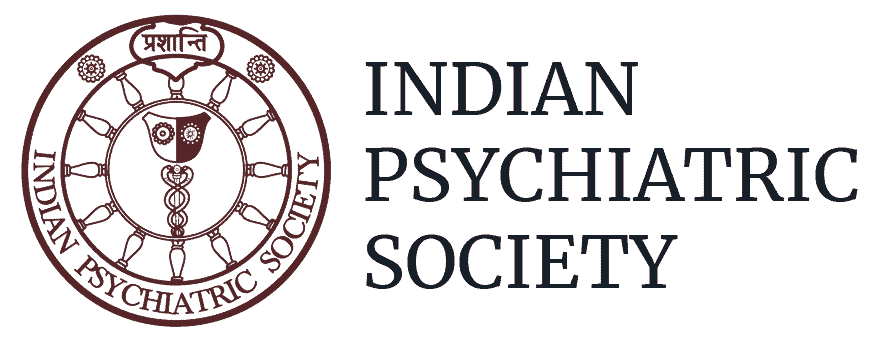
General Principles for Psychotherapeutic Interventions in Children and Adolescents
Summary: Summary Psychotherapy is a form of psychiatric treatment that involves therapeutic conversations and interactions between a therapist and a child or family. It can help children and families understand and resolve problems, modify behavior, and make positive changes in their lives. Includes supportive, re-educative, and psychoanalytic forms of psychotherapy. Before psychotherapeutic engagement with a child or adolescent, we must be very sure regarding the nature of the problem at hand and what exactly we need to address or which behavior we want to modify.” A clinician should gather information from multiple sources, i.e., the child, parents,teachers, and other caregivers, and arrive at an adequate case formulation. The guideline includes sections on setting the context, establishing therapeutic alliance, engagement of parents, pre-therapy asessment including determination of suitability, the structure of the therapy, and an overview of various types of evidence-based psychological intervention used in this population. The approach to special situations (mobile/screen addiction, violence/aggression, and suicidality) are covered. The evidence base is also discussed. Challenges in establishing rapport, dos and don’ts, goals of family therapy, factors in clinical assessment for therapy, models of family therapy, and risk factors for imminent violence, are catalogued in tables.
Authors: Ajit Bhide, Kaustav Chakraborty
Year of Publication: January-2020
Citation: Bhide A, Chakraborty K. General Principles for Psychotherapeutic Interventions in Children and Adolescents. Indian Journal of Psychiatry. 2020 Jan;62(Suppl 2):S299.
IJP Article Link
The IPS Archive
All notices & announcement of the IPS are now archived for future reference and are availabe in a searchable format for registered members of the society.


